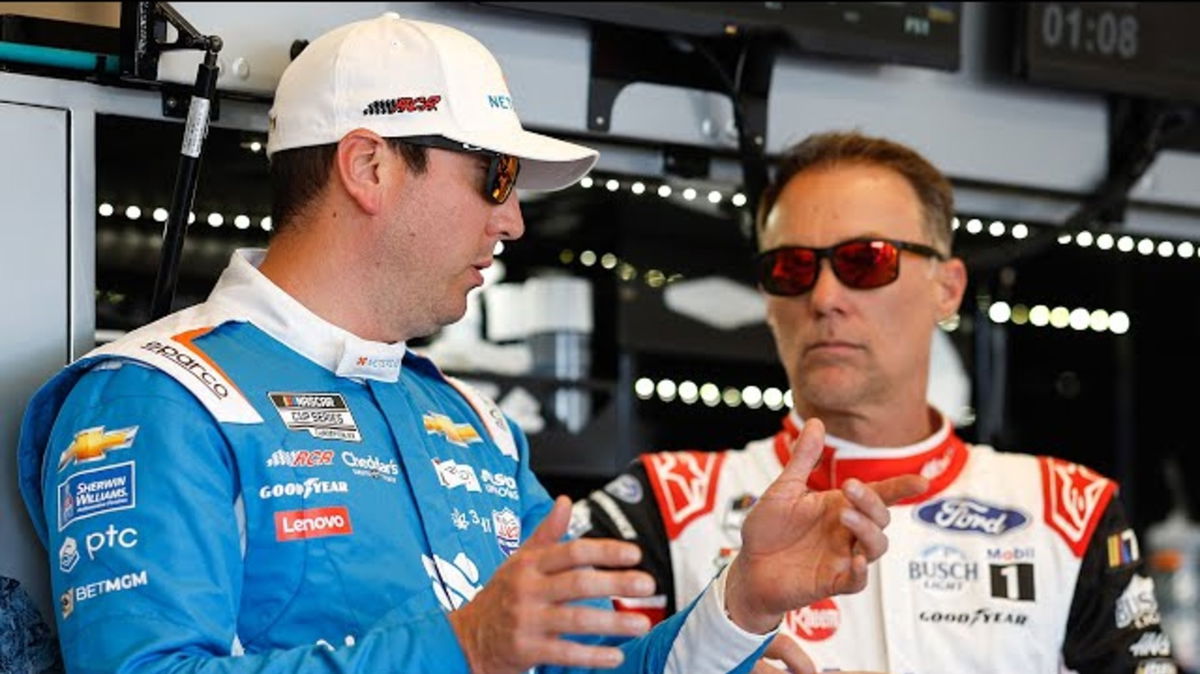

Kyle Busch has always been NASCAR’s fire-breathing dragon, known for his all-in, edge-of-control driving style that earned him two championships and over 60 Cup wins. However, the arrival of the Next Gen car has presented a new challenge—a fundamentally different machine that has clipped his wings and forced him to confront a much tighter setup window and unforgiving handling characteristics. Unlike previous generations with more room for error, the Next Gen’s aerodynamic design and stiff, precise handling demand a more measured approach. Busch’s aggressive style, once a major advantage, seems to have become a liability in this new era.
Watch What’s Trending Now!
Where Busch once dominated with raw aggression, the stats now tell a tougher story: since the Next Gen debuted in 2022, wins have been scarce, and 2025 has been a grind filled with multiple spins and lackluster finishes. The Richard Childress Racing No. 8 just hasn’t had the speed to match his drive. Enter Kevin Harvick, who didn’t pull punches, calling out Busch’s biggest hurdle: his refusal to adjust to a car that punishes overdriving.
ADVERTISEMENT
Kyle Busch is turning things around weekly
On the latest Happy Hour episode, Kevin Harvick got real about Kyle Busch’s 2025 struggles. “Kyle Busch turns things around almost weekly, unfortunately. He got a little spin again this week. I think the Kyle Busch question is, it’s going to be tough. You know. I think their cars are just off. I think that. Kyle, being Kyle, wants to push it faster, further than, and make things try to go faster, and when you do that in this car, you spin out,” he said.
Kevin Harvick’s comment hits the nail on the head when he points out that Kyle Busch’s season has been riddled with single-car incidents. Spinning out at Darlington’s Southern 500 and Gateway’s Enjoy Illinois 300, Busch has been pushing to extract speed from an underperforming RCR Chevy. This No. 8 team’s struggles to stay competitive starkly contrast with Busch’s three-win 2023 campaign.
The phrase “Kyle being Kyle,” as Harvick put it, perfectly captures Busch’s longtime tendency to push beyond limits. His aggressive style once served him well—back in 2008 at Joe Gibbs Racing, he racked up eight wins but crashed out of the Chase by overdriving at Talladega and Texas. However, with the Next Gen car’s reduced side force and stiffer handling, those driver instincts now more often result in spins rather than saves.
ADVERTISEMENT
Expanding on this, Harvick explained, “He’s just in a tough spot right now with where the cars are performing, and it seems like it goes overboard almost on a weekly basis. You know, with the spinouts and things that have happened because there’s just no cushion there and you can’t make the thing do more than it’ll do. That’s hard because he’s not been programmed that way for his whole career.”
That’s the core of it. Busch thrived in the Gen-5 and Gen-6 eras, where sideforce and tire falloff let him dance on the edge. The Next Gen’s tighter grip and lower horsepower leave no room for error. Push too hard, and you’re in the wall. Busch’s 2024 season saw 12 finishes of 20th or worse, his worst since 2015, and his 2023 Charlotte ROVAL crash came with a radio rant, “This car s*cks.”
ADVERTISEMENT
Harvick’s point is blunt. Busch’s setup to maximize, not to manage, combined with RCR’s lag behind Hendrick, Gibbs, and 23XI in Next Gen development, is exposing that mismatch. The spins keep coming because Busch is wired to outdrive his car, and the Next Gen simply will not accommodate it.
Top Stories
Dale Jr. Confronts Ex-FOX Broadcaster Over Hall of Fame Concerns, Urging Recognition for Deceased Veterans
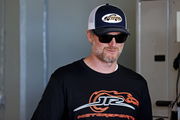
Racing Fans Forced to Turn Off Daytona 24 Race After Witnessing “Horrific” Broadcast
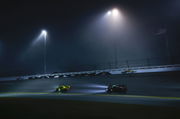
“It’s Been a Sad Season”: Denny Hamlin’s Fiancée Jordan Fish Gathers Strength to Break Silence on Tragedy

Fists Fly After Violent Brawl Breaks Out at Daytona Speedway, Leaving Racing Fans in Stitches
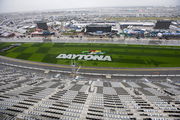
Fans Demand Clarity as Denny Hamlin Ally Vanishes From NASCAR Spotlight
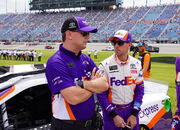
RCR’s struggles weigh heavy
Kyle Busch isn’t the only one feeling the heat at Richard Childress Racing. Teammate Austin Dillon has been wrestling with the same underperforming Chevys all season. Despite a clutch Richmond win punching Dillon’s playoff ticket, his 2025 stats are grim with an average finish of 20.071 and starting position of 18.821. Busch, meanwhile, missed the playoffs for the second straight year, posting an average finish of 17.929.
ADVERTISEMENT
Gateway’s Enjoy Illinois 300 provided a snapshot of their struggles. Busch rolled off and finished 22nd, while Dillon slid from 15th to 18th. Team owner Richard Childress admitted over the radio at Dover that their cars weren’t up to par, promising a fix, but results have yet to follow.
Dillon’s frustration boiled over at Gateway where he snapped on the radio, per Toby Christie, “Quit telling me how to drive. I’m driving a piece of s**t. I’m trying to hang onto it.” Post-race, he doubled down, “We didn’t come here with a good race car for some reason. All of our cars were pretty off today; we just missed it.”
Still, Dillon praised his No. 3 team: “But this No. 3 Dow DayGlo Chevrolet team did a great job executing with what we had. We got stage points and finished the best we possibly could right there.” Dillon sits 11 points below the Round of 12 cutline heading to Bristol, where his 17.8 average finish and one top-five in 20 starts make it a must-win scenario.
ADVERTISEMENT
Kyle Busch’s struggles underscore the broader challenges facing Richard Childress Racing this season, with teammate Austin Dillon also battling underperforming cars and mounting pressure. Both drivers are fighting to adapt their styles and extract speed from an RCR team still seeking answers in the Next Gen era. As the playoffs progress, the ability of Busch and Dillon to find consistency will be crucial for RCR’s hopes of regaining competitiveness and making a deep run.
ADVERTISEMENT
ADVERTISEMENT
ADVERTISEMENT
